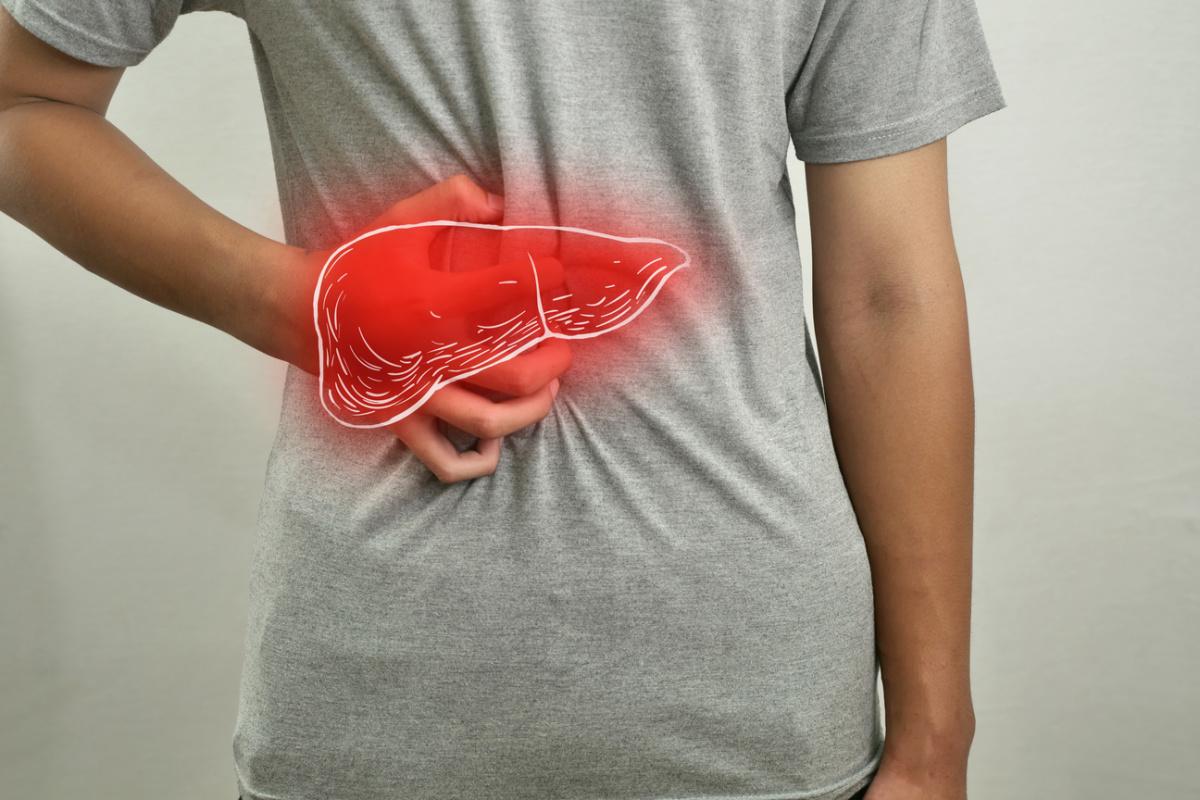IBS Diet: A Comprehensive Guide to Managing Symptoms
Irritable Bowel Syndrome (IBS) is a common gastrointestinal disorder that affects millions of people worldwide. Its symptoms can range from bloating and abdominal pain to diarrhea or constipation. One of the most effective ways to manage IBS symptoms is through diet. In this article, we will explore the IBS diet, including what to eat and avoid, tips for symptom management, and personal experiences from those who have improved their quality of life through dietary changes.
Understanding IBS and Its Symptoms
IBS is a functional gastrointestinal disorder characterized by a group of symptoms that occur together. These symptoms can vary in severity and frequency, making IBS a challenging condition to manage. Common symptoms include:
- Abdominal pain and cramping
- Bloating
- Gas
- Diarrhea
- Constipation
- Alternating between diarrhea and constipation
The IBS Diet: Foods to Include and Avoid
Creating an IBS-friendly diet involves understanding which foods can trigger symptoms and which foods can help soothe the digestive system. Here’s a breakdown of foods to include and avoid:
Foods to Include
- Low-FODMAP Foods: Foods low in fermentable oligosaccharides, disaccharides, monosaccharides, and polyols are often recommended.
- Lean Proteins: Chicken, turkey, fish, and eggs are good protein sources.
- Gluten-Free Grains: Quinoa, rice, and oats can be easier to digest than wheat.
- Fruits: Bananas, blueberries, and strawberries are generally well-tolerated.
- Vegetables: Carrots, spinach, and zucchini are usually safe options.
Foods to Avoid
- High-FODMAP Foods: Garlic, onions, wheat products, and certain legumes can trigger symptoms.
- Dairy Products: Milk and soft cheeses may cause issues for those with lactose intolerance.
- Processed Foods: Foods high in sugar and artificial sweeteners can exacerbate IBS symptoms.
- Caffeinated Beverages: Coffee and certain teas can stimulate the gut and worsen symptoms.
- Alcohol: Alcohol can irritate the gastrointestinal tract.
Benefits of Following an IBS Diet
Following a tailored IBS diet can have numerous benefits, including:
- Symptom Relief: Reducing or eliminating trigger foods can lead to fewer flare-ups and improved comfort.
- Improved Digestion: A balanced diet can promote better digestive health and regularity.
- Enhanced Quality of Life: Managing symptoms effectively can lead to a more active and fulfilling lifestyle.
Practical Tips for Implementing an IBS Diet
Making dietary changes can be challenging, but here are some practical tips to help you implement an effective IBS diet:
- Keep a Food Diary: Tracking what you eat and your symptoms can help identify triggers.
- Start with a Low-FODMAP Diet: This approach can help pinpoint foods that cause problems.
- Eat Smaller, More Frequent Meals: Large meals can exacerbate symptoms; smaller portions may help.
- Stay Hydrated: Drinking plenty of water can aid digestion.
- Consult a Dietitian: A professional can provide personalized advice and support.
Case Studies and Personal Experiences
Many individuals with IBS have shared their success stories about how dietary changes significantly improved their symptoms. Here are a couple of examples:
Case Study 1: Sarah’s Journey
Sarah, a 30-year-old graphic designer, struggled with IBS for years. After consulting with a dietitian, she adopted a low-FODMAP diet and noticed a drastic reduction in her symptoms. By avoiding high-FODMAP foods like garlic and beans, she reclaimed her social life and no longer feared eating out.
Case Study 2: John’s Transformation
John, a 45-year-old father of two, faced severe IBS symptoms that impacted his work and home life. After tracking his food intake, he discovered that gluten was a significant trigger. Switching to gluten-free grains and focusing on lean proteins helped him regain control over his condition.
Conclusion
Managing IBS can be a complex journey, but adopting an IBS diet tailored to your specific needs can lead to significant improvements in your symptoms and overall quality of life. By understanding which foods to include and avoid, implementing practical dietary tips, and learning from the experiences of others, you can take charge of your health. Always consider consulting with a healthcare professional to develop a plan that works best for you.
| Food Type | Examples | IBS-Friendly? |
|---|---|---|
| Fruits | Bananas, Berries | Yes |
| Vegetables | Carrots, Spinach | Yes |
| Grains | Quinoa, Oats | Yes |
| Dairy | Milk, Cheese | No |
| Processed Foods | Sugary Snacks | No |

What foods should I avoid on an IBS diet?
Irritable Bowel Syndrome (IBS) can be a challenging condition to manage, particularly when it comes to dietary choices. Understanding which foods to avoid is crucial for alleviating symptoms and maintaining overall digestive health. Here’s a detailed look at foods that are often problematic for those with IBS.
High-FODMAP Foods
Fermentable Oligosaccharides, Disaccharides, Monosaccharides, and Polyols (FODMAPs) are short-chain carbohydrates that can lead to increased gas, bloating, and discomfort in individuals with IBS. High-FODMAP foods include:
- Certain Fruits: Apples, pears, cherries, and watermelon are known for their high fructose content, which can be difficult to digest.
- Dairy Products: Milk, soft cheeses, yogurt, and ice cream contain lactose, a disaccharide that many people with IBS struggle to break down.
- Wheat and Rye Products: Foods like bread, pasta, and cereals that contain wheat or rye can trigger symptoms due to their fructan content.
- Legumes and Pulses: Lentils, chickpeas, and beans are rich in galacto-oligosaccharides, which can be hard on the gut.
Fatty Foods
High-fat foods can stimulate the digestive system and exacerbate symptoms of IBS. Some foods to limit include:
- Fried Foods: Items like french fries, fried chicken, and doughnuts not only contain unhealthy fats, but they can also be hard to digest.
- Processed Meats: Sausages, hot dogs, and bacon are often high in fat and additives, making them tougher on the digestive system.
- Creamy Sauces and Dressings: Heavy sauces, like alfredo or ranch, can lead to nausea and discomfort due to their fat content.
Caffeinated Beverages
Caffeine is a stimulant that can aggravate the intestines and lead to increased urgency or diarrhea in those with IBS. It’s wise to limit consumption of:
- Coffee: Both regular and decaffeinated versions can still affect gut motility.
- Certain Teas: Black and green teas contain caffeine, so herbal teas are often a better choice.
- Sodas and Energy Drinks: These beverages can also contribute to bloating and discomfort.
Artificial Sweeteners
Many people with IBS find that artificial sweeteners can trigger symptoms. Common culprits include:
- Sorbitol and Mannitol: Found in sugar-free candies and gums, these sugar alcohols can cause bloating and gas.
- Aspartame and Sucralose: Present in many diet foods and beverages, they can sometimes disrupt gut health.
Spicy Foods
Spices can add flavor to meals, but for those with IBS, they may also lead to digestive upset. Consider moderating:
- Hot Peppers: Ingredients such as chili powder, jalapeños, and cayenne can irritate the gut lining.
- Strong Spices: Garlic and onion, while flavorful, are high in FODMAPs and can be troublesome.
Processed Foods
Many processed foods contain additives and preservatives that can negatively impact gut health. It’s advisable to steer clear of:
- Ready-Made Meals: These are often high in sodium and low in fiber, both of which can exacerbate symptoms.
- Snack Foods: Chips, crackers, and similar items often contain preservatives and unhealthy fats.
Alcohol
Alcohol can be a major trigger for IBS symptoms. Different types of alcoholic beverages affect individuals differently, but common issues include:
- Beer and Wine: Often high in FODMAPs and can irritate the gut.
- Spirits with Mixers: Sugary mixers can also contribute to digestive distress.
Foods Rich in Insoluble Fiber
While fiber is essential for digestive health, not all types are suitable for those with IBS, particularly insoluble fiber. Foods to be wary of include:
- Whole Grains: Some whole grain products can cause bloating and discomfort.
- Nuts and Seeds: While healthy, these can be tough to digest for some individuals.
By being mindful of these food categories and their effects, those managing IBS can create a more comfortable and enjoyable dining experience. It’s always recommended to consult with a healthcare professional or a registered dietitian for personalized guidance tailored to your specific needs and symptoms.
